If the past few weeks have you wanting to retreat, to curl up and shut out the world as a way to protect yourself, I get it. Truly, I do. But hear me out—don’t. The importance of human connection is never more crucial than during challenging times. I know the pull to withdraw can feel overwhelming, like it’s the only option when stress, anxiety, or anger take over. And if you’re anything like me—and I know there are many who are—it doesn’t feel like a choice; it feels like a reflex.
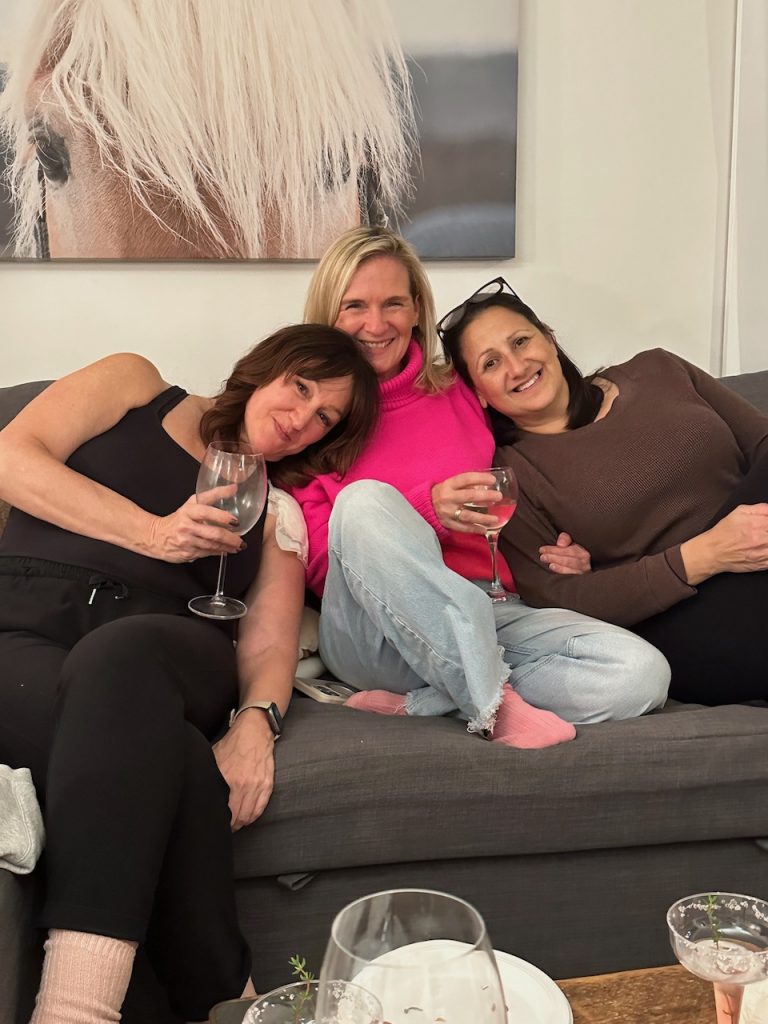
Perhaps it’s my only-child default mode or some unexplored trauma, but for me when overwhelm becomes too much it feels like slipping into a dark tunnel, where the walls get tighter and tighter, eventually shutting out reason. I stop talking, I make no plans, I ignore texts and god help the person who tries to hug me. Ever tried to hug a porcupine? That’s me, in full-on retreat mode.
I’m not ashamed of this. At 55, I know it’s just part of who I am. Most of the time, pulling back gives me the space I need to sort through my thoughts, play out scenarios, and eventually find my way back to myself. It’s a chance to reset. But when life piles on challenge after challenge, and retreat becomes the norm, that’s when self-isolation stops being helpful. That’s when it starts to get dangerous.
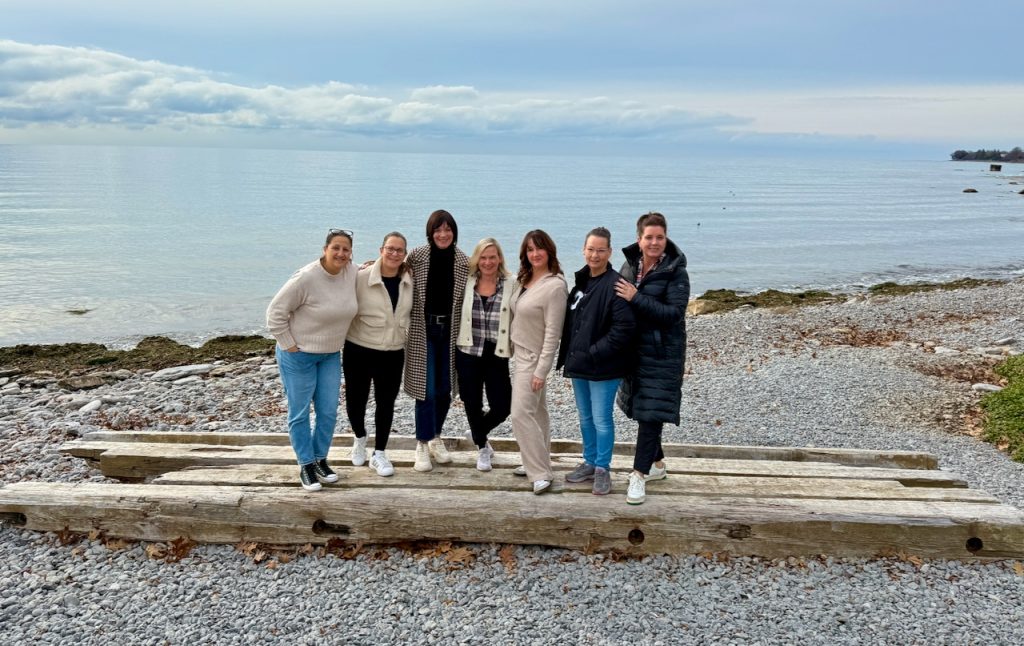
And oh boy, has life been unforgiving these past few years. For me personally, from 2018 to now, it’s been an endless barrage of challenges—a non-stop obstacle course where the finish line keeps moving further away. Throw in a news cycle that’s nothing short of dystopian (because, let’s face it, it is), and the pull to withdraw feels stronger than ever.
But here’s the thing I’ve come to realize; the harder that urge to retreat grips you, the more crucial it is to lean into your people. And yeah, the mindfuck of it all is that it feels completely counterintuitive—like walking toward the fire when every instinct is screaming at you to run. But the best thing you can do in that moment is recognize what’s happening, say it out loud to someone you trust, and then, without overthinking it, make plans to connect.
The Birthday Weekend That Almost Wasn’t: A Reminder of the Importance of Human Connection
This past weekend, I had a birthday celebration planned with my friends. I almost didn’t go. My birthday weekend! A celebration of me and my undeniable awesomeness—and I wanted to bail. Maybe I could say I was sick, I thought. Car trouble, perhaps? The pull to stay home, shut out the world, and stew in my stress felt insurmountable. But deep down, I knew I couldn’t bullshit the people who know me best. So, I sucked it up and went anyway.
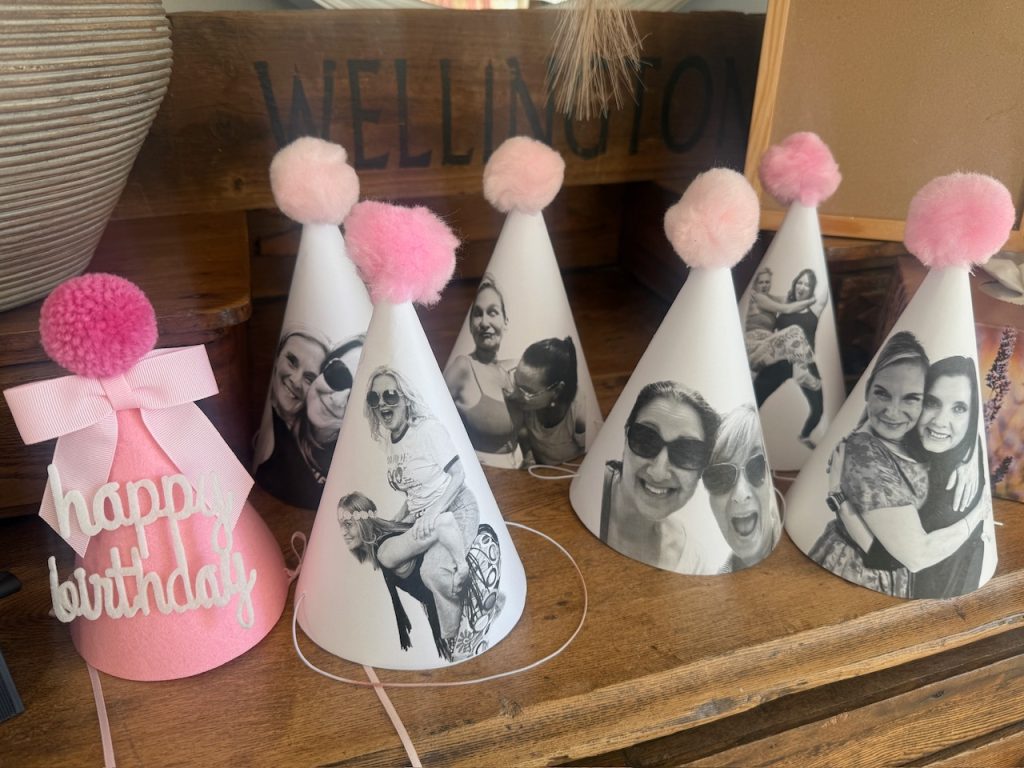
I won’t lie; I wasn’t my best self. Normally, I’m a self-proclaimed director of shenanigans, one of the lives of the party, the “what crazy thing can we do next” person. But my head was heavy with worry, my mood weighted by the endless swirl of stress in my life. Still, I opened up. And you know what? I wasn’t the only one who felt this way. Another reminder that the importance of human connection cannot be overstated. We like to think we’re precious, unique snowflakes—and in many ways, we are, but when it comes to mental health, we’re more alike than we care to admit.
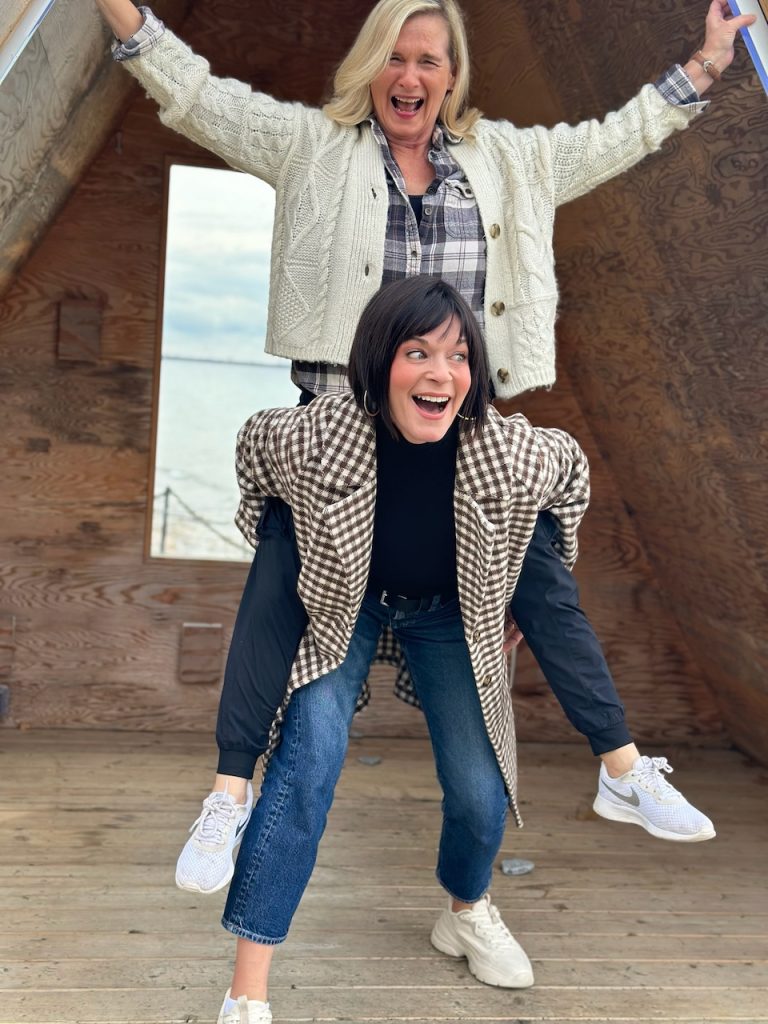
As the weekend went on—painting, sipping wine, laughing, dancing, and talking—some of that weight started to lift. Not all of it, of course. Some worries are still locked away, waiting for their moment to be unpacked. But being there, surrounded by my friends, reminded me that connection is what keeps us tethered to reality when everything else feels untethered. For those of us who instinctively retreat into our shells when life gets overwhelming, this is a truth we need to remind ourselves of, over and over and over again.
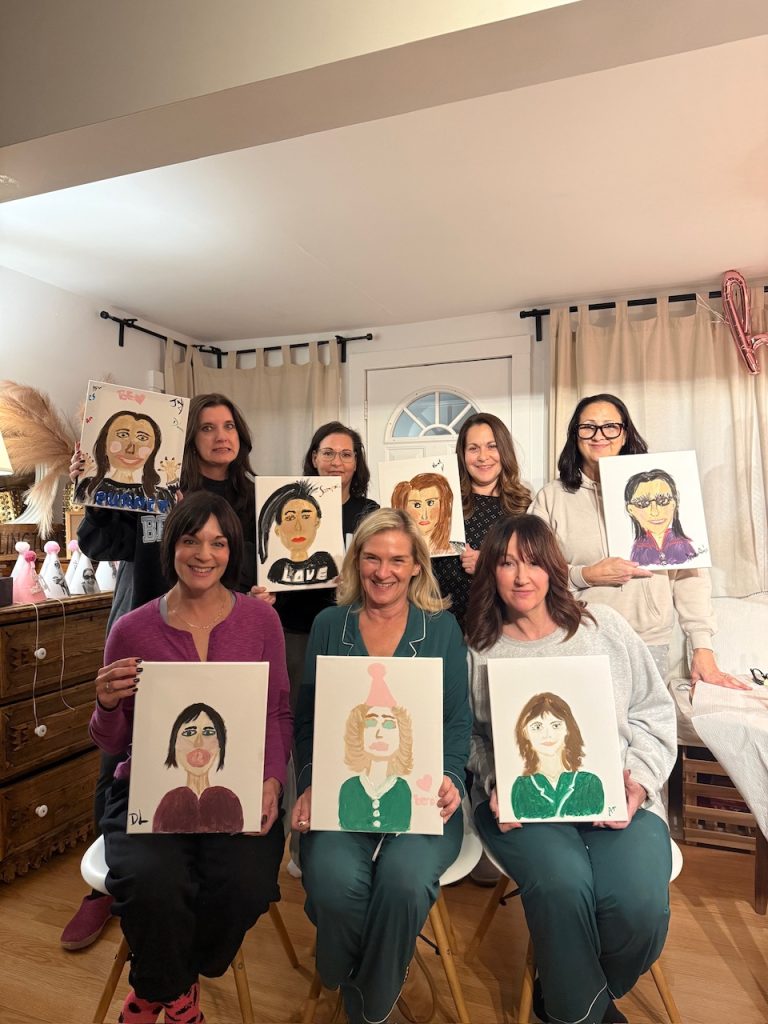
How to Stay Connected When You Want to Retreat
We are living through dark times, and while some are feeling it more acutely than others, the ripple effects touch us all. These conversations are happening everywhere, and for good reason—it’s crucial to keep them going. The importance of human connection lies in its ability to ground us in reality, remind us of what is true and real, and shield us from loneliness—a literal killer. This is essential self-care.
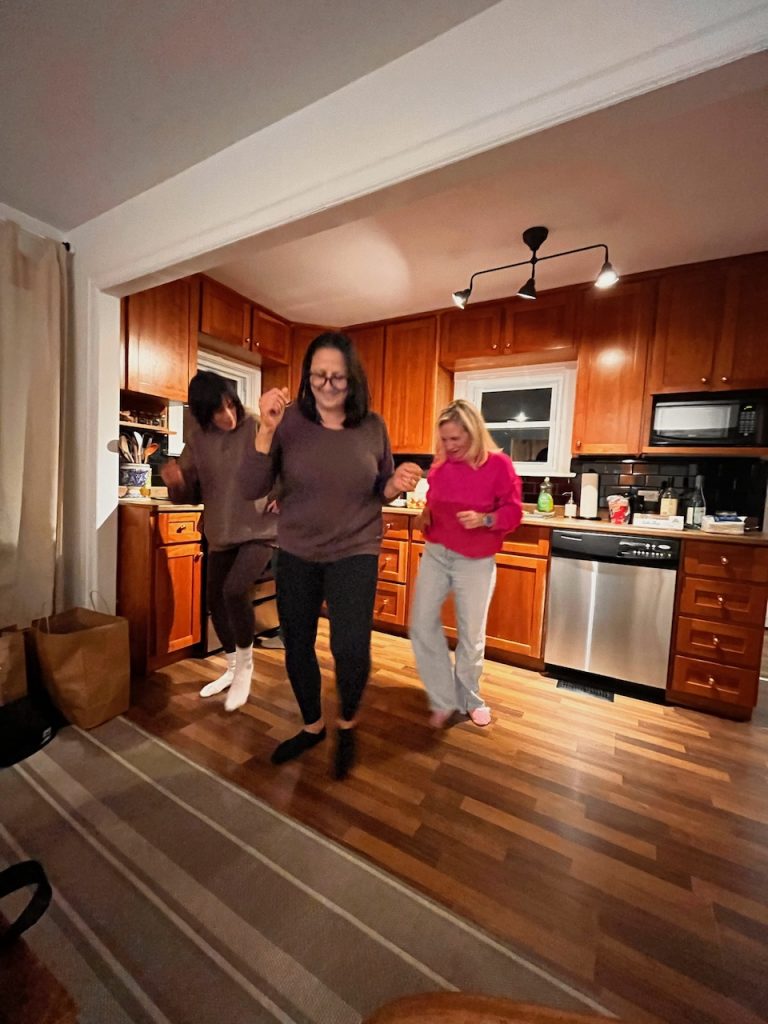
As important as it is to stay connected with yourself, it’s equally critical to notice when others start to slip away. Pay attention to the friends who go quiet, the ones who stop replying, or fade into the background. Reach out—not with a heavy “Are you okay?” but with something light, like sharing a meme, sending a song, or simply saying, “Thinking of you.” Keep the lines of communication open. Even if they don’t respond right away, you’re planting a seed that says, I’m here. Don’t let go of anyone’s hand, even when it feels like they’re trying to let go of yours.
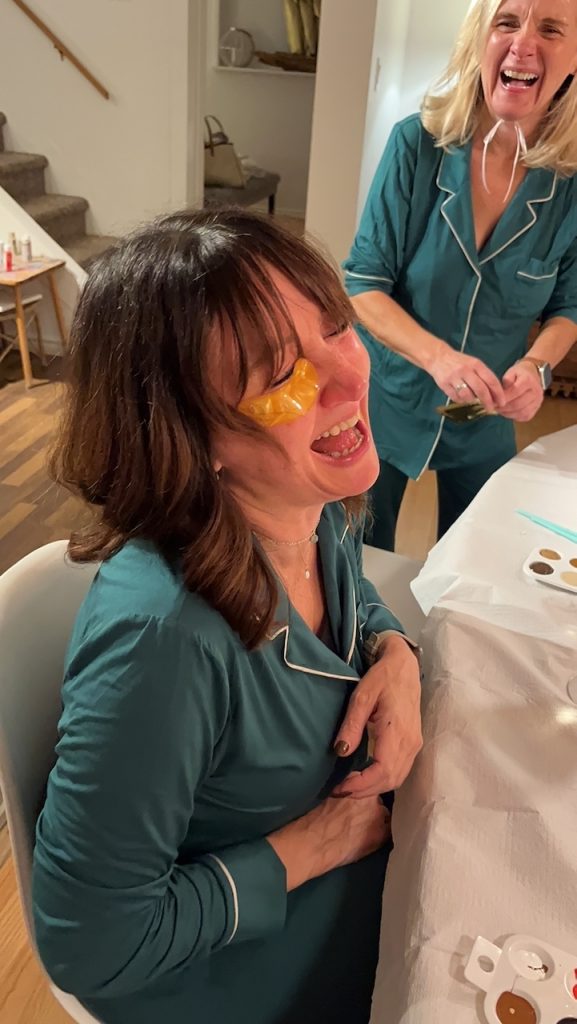
For anyone who feels the same urge to retreat when the going gets tough, here’s what I’ve learned:
- Show Up, Even If You Don’t Feel Like It
The hardest part is saying yes, but just showing up can make a world of difference. You don’t have to bring your A-game—just bring yourself. - Let Yourself Be Honest
You don’t have to fake it. Share what you can, even if it’s just a little. True friends don’t need perfection; they just need you to be real. - Make Small Commitments
A full-on outing might feel overwhelming, so start smaller—a quick coffee, a phone call, or even a simple text exchange. Build from there. - Lean on Technology
When face-to-face feels like too much, turn to digital tools. Video calls, group chats, or even memes sent in the middle of the night can keep you connected in ways that matter. - Create Rituals
Whether it’s a monthly book club or an annual tradition like our Girls’ Gone Mild retreat, having something regular on the calendar makes it easier to stay connected without overthinking it. Today, I leaned into planning our January getaway, even though that little monster inside me wants to derail it. - Let Your Friends Know What You Need
If being touched when you’re upset feels unbearable (trust me, I get it), tell your friends. Whether it’s space, quiet, or just someone to sit beside you in silence, let them know how they can support you.
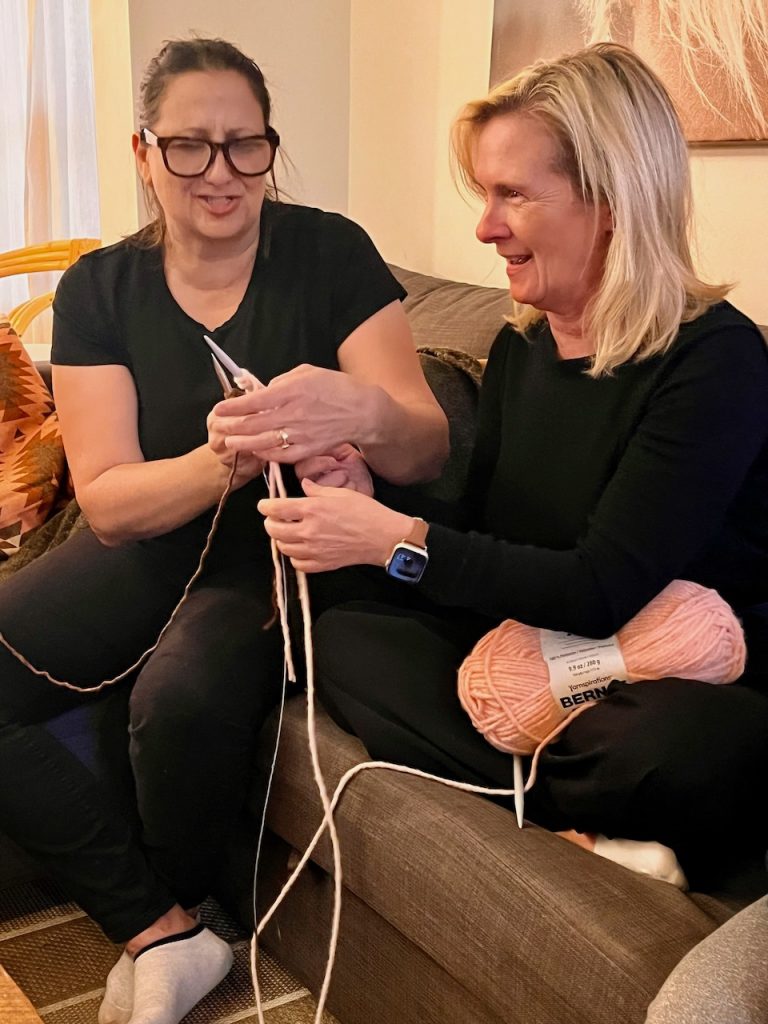
Connection doesn’t fix everything, but it does make the hard times a little easier to bear. It reminds you that you’re not alone, no matter how much your brain might try to convince you otherwise. And sometimes, it’s about being the hand that holds on when someone else feels like letting go.
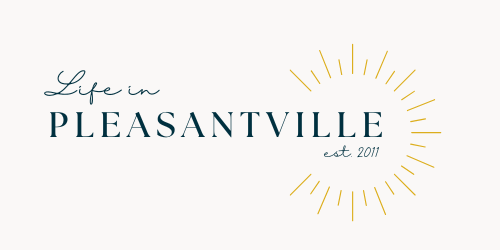

 Transform Your Travel Moments: Capture Genuine Connections Through Photos
Transform Your Travel Moments: Capture Genuine Connections Through Photos